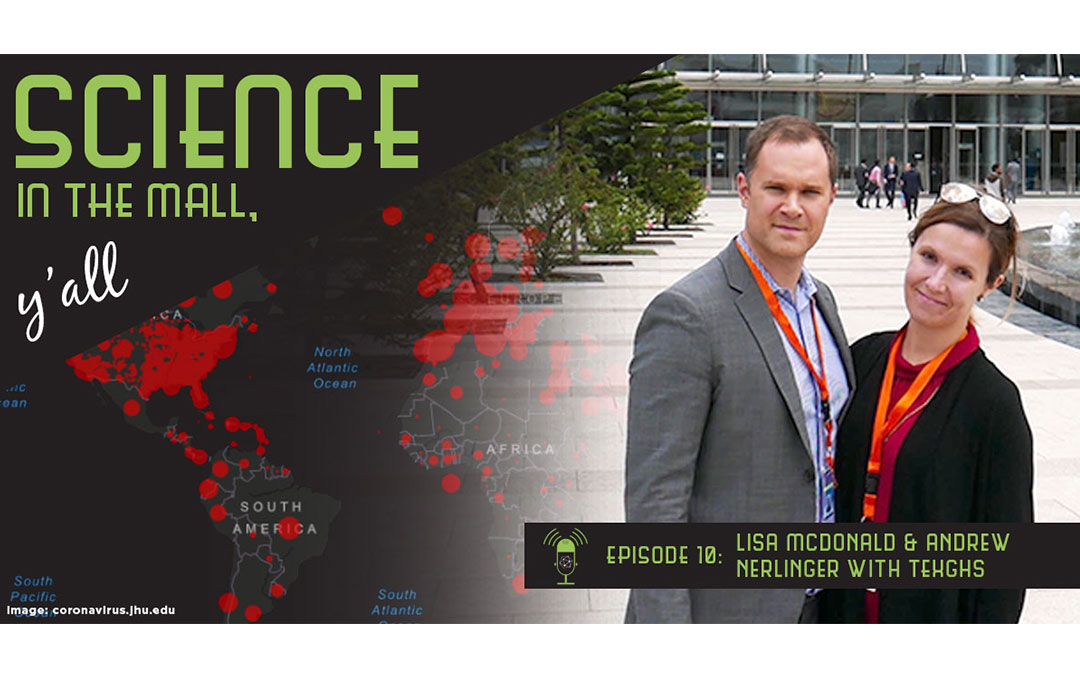Responding to and recovering from COVID-19:
Global Health Security is a phrase that I’m hearing daily in my world. What does it mean? How do we accomplish it? As we start to come out of what has been a life-altering pandemic and the focus for the past 1.5 years has been almost exclusively on this huge global crisis that is still wreaking havoc around the world, how do we proceed? It’s easy to think that once we have been vaccinated that we can resume our lives, but even if everyone was vaccinated tomorrow, would simply resuming our lives leave us equally vulnerable to the next health threat? We have put so much time, money, and energy into getting on top of this pandemic. The retooling of factories to compensate for deficiencies in testing supplies, the collaboration and incredible amounts of money that went into the fastest vaccine development ever, and the health inequity we have revealed globally will have been in vain should be just simply return to ‘normal.’
The previous lack of preparation contributed greatly to the large number of deaths and I believe that I speak for everyone when I say that we need to guarantee that we are not ever that unprepared again. But, how do we do that? Once the immediate threat has diminished, how do we keep enough attention on the topic that we don’t drop the ball? How do we protect the low and middle-income countries that encounter these outbreaks far more often that we do? These questions are ones that the Texas Global Health Security Innovation Consortium (TEXGHS) has been thinking about for the past 1.5 years.
We have built a network of experts, innovators, advisors, investors, and just plain ‘helpers’ to try to keep the focus where it belongs and to forge relationships that will aid in implementation of needed resources. While I am on the founding team of TEXGHS, the founders are who you will be inspired to hear from on this subject. Drs. Lisa McDonald and Andrew Nerlinger spearheaded the organization upon being quarantined in their home in Austin, TX. They are usually traveling the world in support of their company, Pandemic Tech, which supports innovations in these more vulnerable countries. This time, the U.S. also needed the support. I invite you to listen to them talk about it in our latest episode of the Science in the Mall, Y’all podcast. (Even if the topic doesn’t interest you, they are ridiculously charming to listen to.)
Nancy Lyon
Interim Director
Listen on your favorite platform:
YouTube // Acast// Spotify // Apple Podcasts // Google Podcasts

